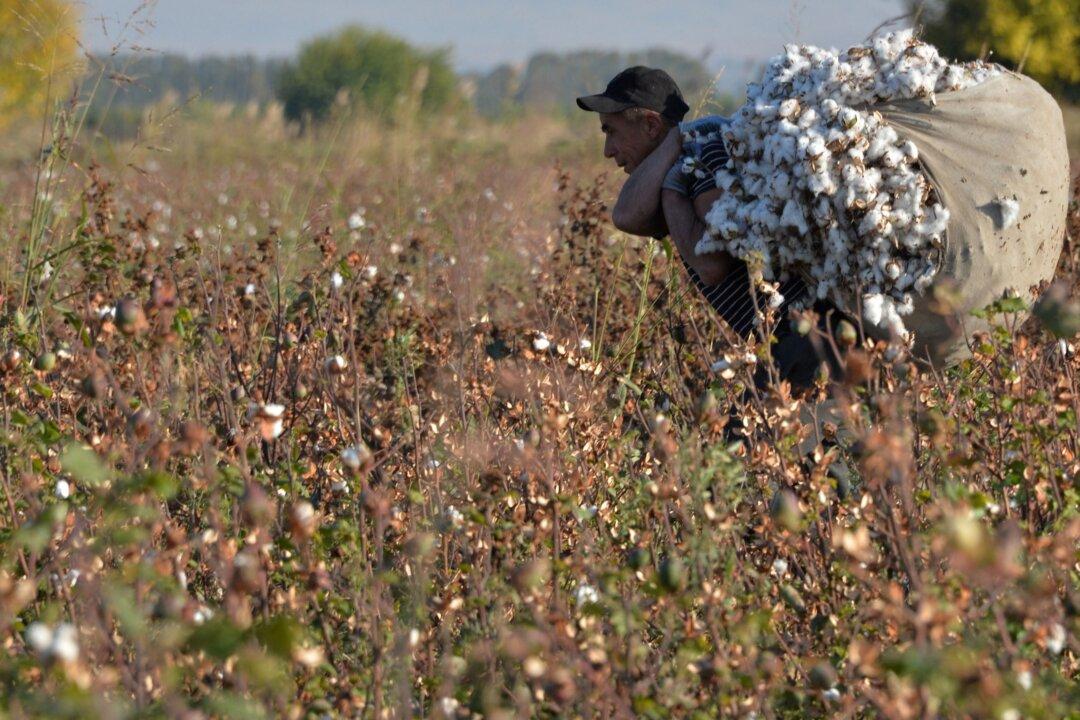Domestic and overseas workers in Australia have been told to take precautions against forced labour and exploitation due to a sharp increase in reported crimes.
According to the latest data from the Australian Federal Police (AFP), there have been 178 reports in the past five years, up nearly 50 percent compared to the previous period.





